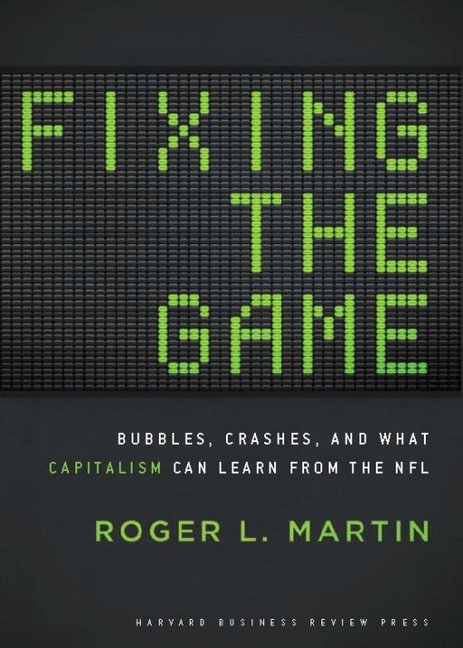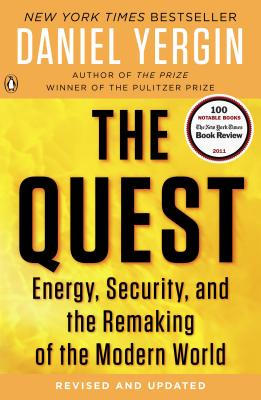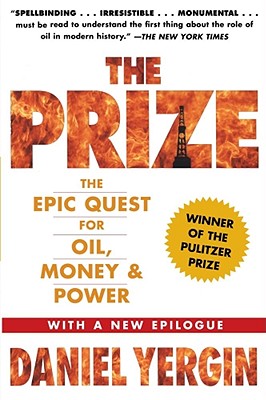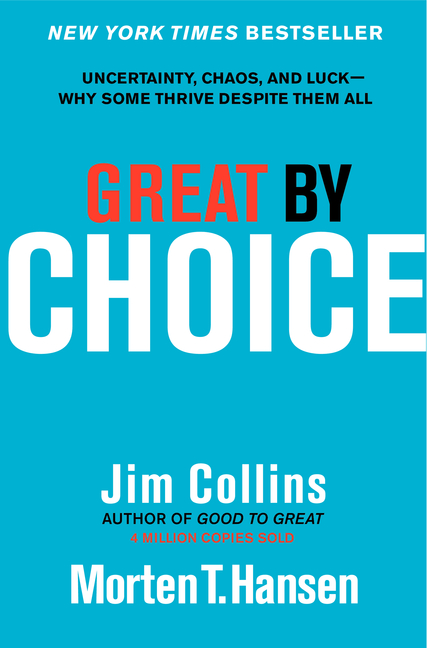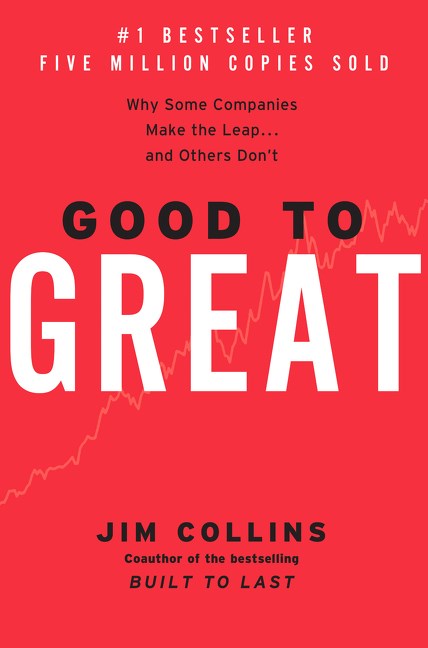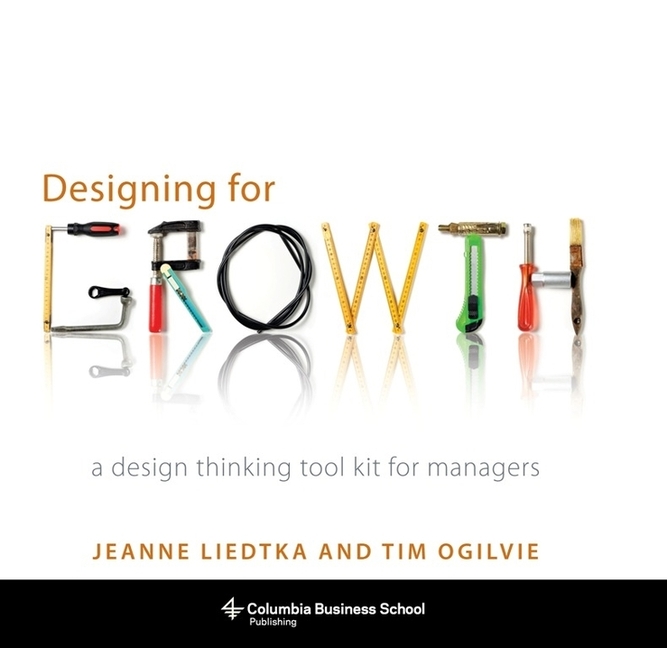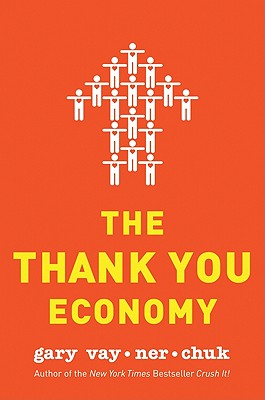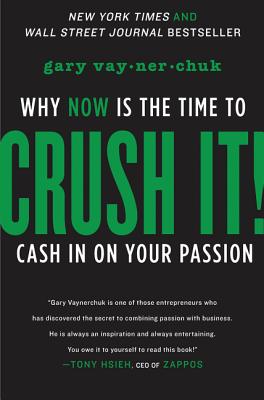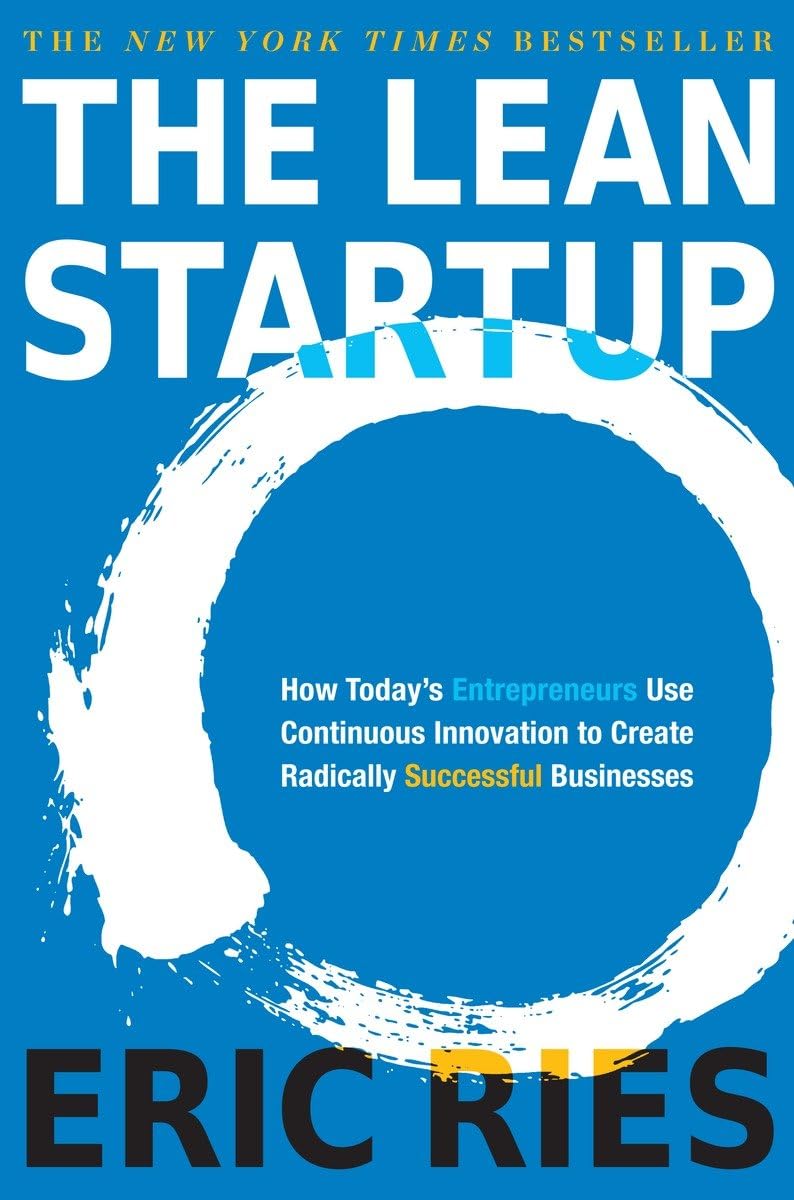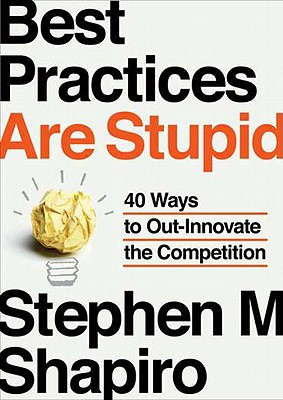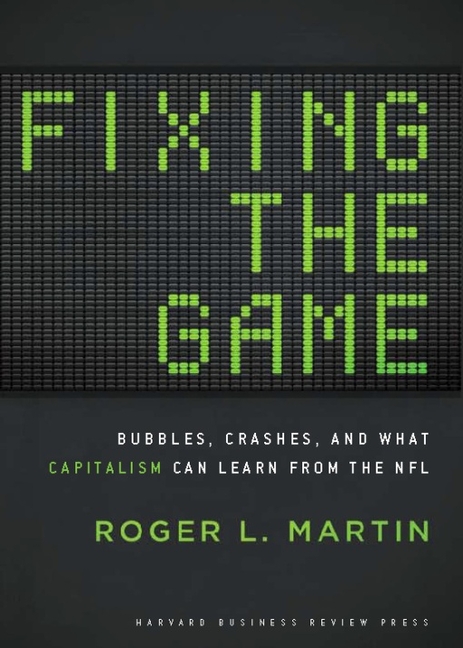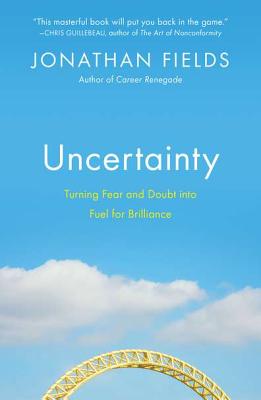The Category Winners for the 2011 Business Book Awards
January 10, 2012
The time has come! Drum roll, please. .

General Business
The Quest: Energy, Security, and the Remaking of the Modern World by Daniel Yergin, published Penguin Press
In The Quest, Daniel Yergin expands his Pulitzer Prize winning history of oil, The Prize, to capture the entire energy picture. The story he tells captures the immediacy of the headlines while at the same time revealing a deeper, more dramatic narrative of behind-the-scenes personalities and maneuvering. Taking us from The Caspian Sea to Nigeria, Venezuela to the Persian Gulf, China and everywhere in between, The Quest is 700+ pages of fascinating stories and detail.
Leadership
Great by Choice: Uncertainty, Chaos, and Luck—Why Some Thrive Despite Them All by Jim Collins & Morten T. Hansen, published by HarperBusiness
Based on nine years of research, Great by Choice is a book that identifies and studies enterprises that have not only excelled statistically, but did so in a particularly turbulent environment. But beyond the vital research—and this book presents plenty of it, with almost 40 pages of research notes at the back of the book—a book has to be readable, the advice applicable, the examples memorable to really get you thinking and inspire change. Ten years after the release of Good to Great, Jim Collins and Morten Hansen have done all of that, given us the perfect book for our times and the understanding that it is the choices we make—not chance—that determines a company's fate.
Management
Most managers probably don't consider themselves designers—they manage people and processes. But consider this: Instead of just thinking about who does what, how and when, what if managers began to think about how these tasks interact with customers, how the space these activities are done in (both the real space and metaphorical space) create efficiency, buy-in, job fulfillment, and profitability? By treating management as a design process, managers can create systems that have quality built in rather than simply offering rules and guidelines for employees to follow. This book is the guide to making that shift, and is an important resource for those who lead people.
Marketing and Sales
The Thank You Economy by Gary Vaynerchuk, published by HarperBusiness
Gary Vaynerchuck's first book, Crush It, showed us how to use social media to turn our passions into a business. The Thank You Economy details how to use social media to maintain and improve that business, and allow the personalities of people at all levels of a company to create real, authentic conversations about the way business is conducted. Filled with practical stories and ideas on how to use customer service, strategy, innovation, and sales and marketing to create a strong and trustworthy company, The Thank You Economy is the essential guidebook for leveraging social media to improve your business.
Entrepreneurship & Small Business
Written by a serial entrepreneur, this book examines the innovations made by his successful startups, lessons learned by those that weren't and how the actions that paved their way can be replicated and lead to radically successful businesses, according to Ries. Based on the precepts of lean manufacturing, The Lean Startup illustrates how to get closer to customers, design products and services they really want and then streamline processes and procedures to help business startups become more successful. Heady, but immensely interesting, the book can help startups succeed at a time when they desperately need to.
Personal Development
Uncertainty: Turning Fear and Doubt Into Fuel for Brilliance by Jonathan Fields, published by Portfolio
At first glance, Uncertainty looks like one of those niche books that will appeal primarily to born risk-takers whose pursuit of a personal dream outruns any natural fear of failure. And, while it does offer many stories about uber-successful, seemingly fearless folks who look uncertainty in the eye and never blink, what is so good about Uncertainty is that it goes beyond the anecdotal. Author Jonathan Fields very clearly presents the tools, talents and traits that people such as Randy Komisar, Sebastian Junger, and Haruki Murakami have put into practice to navigate the unknown and find success. And practice is the key word here, for being able to tolerate uncertainty isn't the result of some innate DNA strand, but of the ability to make small changes and a commitment to doing the work that we are passionate about, despite the risk.
Innovation & Creativity
Best Practices Are Stupid: 40 Ways to Out-Innovate the Competition by Stephen M. Shapiro, published by Portfolio
Don't think outside the box. Make a better box. Shapiro's book looks at how to make improvements, find solutions to problems, and overcome a number of challenges by not following the usual methods. Through Shapiro's research, case studies, and insights, this is a book readers can instantly put into action, and when it comes to change, new ideas, and new approaches, those on the path to innovation first will have a head start toward success.
Finance & Economics
Fixing the Game: Bubbles, Crashes, and What Capitalism Can Learn from the NFL by Roger Martin, published by Harvard Business Review Press
This year's Finance & Economics shortlist is full of books about economic and financial bad behavior, tricks, gimmick and wars. Martin's book is about fixing the game. There are many fixes in the book, but the big one is to break shareholder value theory's influence on the business world in the same way the NFL broke gambling's influence on the game in its early days—by not letting those who play the game gamble on it or, put in business terms, by segregating the actual market from the expectations market. The best books of the past few years have focused of the economic challenges of the recent past; it seems we're now finally beginning to see a transition to addressing the great many challenges we face in the future.
Cheers to all the winners! Which one of these excellent books will be awarded the top prize next week?









